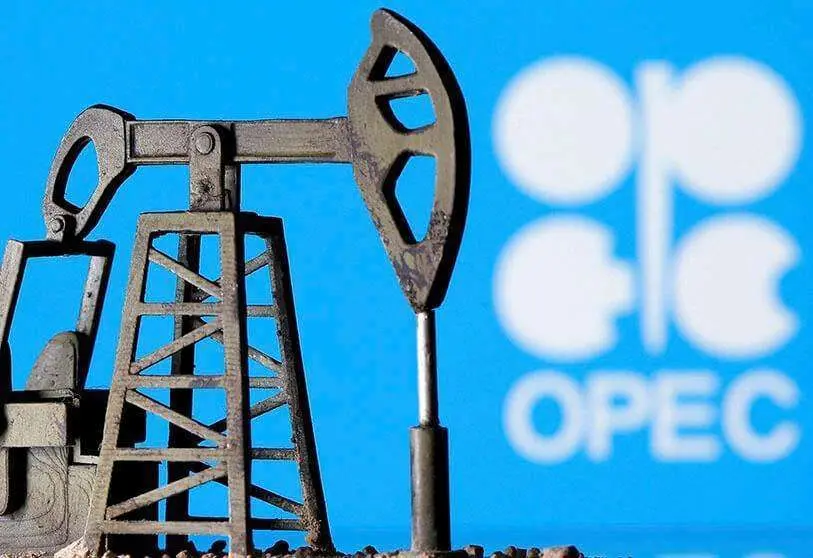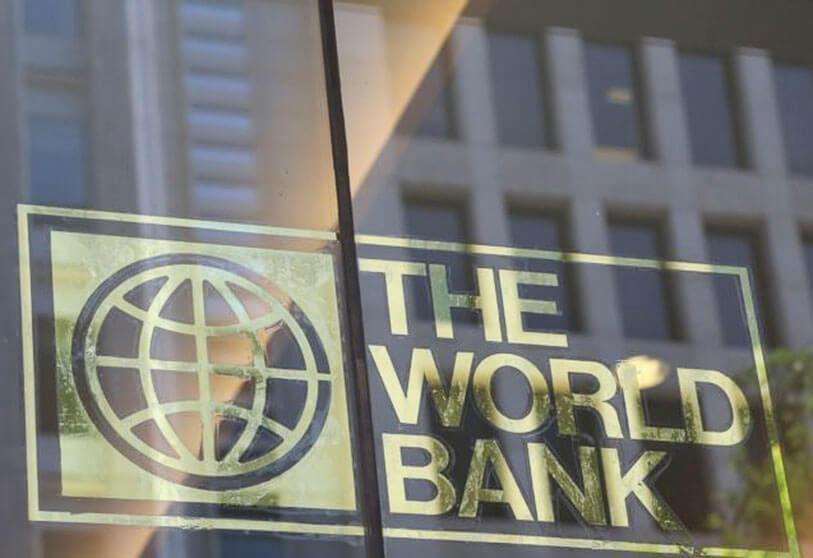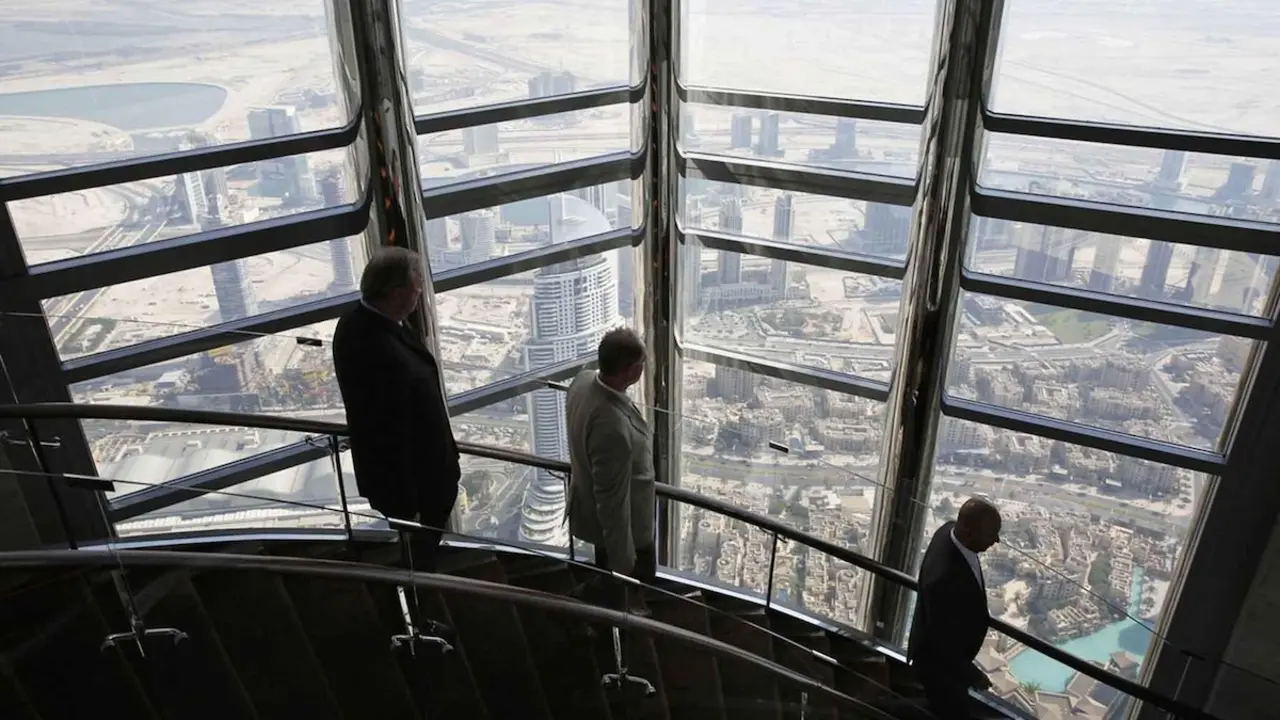Nueva donación de la OPEP a Marruecos para fomentar la inclusión financiera y el emprendimiento digital

The OPEC Fund is an institution formed in 1976 by the Member States of the Organisation of Petroleum Exporting Countries and is responsible for financing the projects of those nations that are part of the organisation. Now, the institution has just made a donation to Morocco to help it implement projects related to financial inclusion and digital entrepreneurship.
The Alawi country has received $100 million from OPEC. The nation now aims to improve the economy through financial and digital projects, in addition to mitigating the impact of the coronavirus on society and the national economy.
This loan goes hand in hand with the World Bank, which wants the Alawi kingdom to start implementing some reforms in different sectors. With the new money, the North African nation will have to provide reforms to both households and businesses that lack affordable financial services. These will be carried out through Morocco's plan to improve the environmental and climate change situation, making services transparent and sustainable.

With this support, financial inclusion is intended to ensure and assist entrepreneurs in the digital sector. Technologies are at an all-time high due to the shift to a more digital model for doing any kind of management. As a result, many companies are beginning to take steps to become more involved in the technological market and stop relying on the most obsolete means.
In addition, another of the measures to be taken is to start promoting the business of MSMEs. These are mainly medium, small and micro enterprises that have a small number of workers. The loan is intended to enable these micro-businesses to begin to take advantage of the economic opportunities offered to them to begin to grow and establish themselves as a fully-fledged company. In the same way, it will try to include economic support for young people, women and unemployed graduates to start entering the business world.
"Inclusive innovation is a key driver of sustainable development. This loan, which focuses on financial and digital inclusion, will help empower the most vulnerable and affected populations, such as youth, women, small businesses and entrepreneurs, and boost the country's long-term sustainable economic recovery," said Abdulhamid Alkhalifa, CEO of the OPEC Fund after announcing the news.

The OPEC Fund is one of the main sources of financing. The organisation and the country have been working together for years to create innovative projects to improve the Alawi kingdom's economy. Today, the organisation has provided the Maghreb country with more than 600 million dollars. These have mainly gone to key sectors of the Moroccan economy, such as the energy, financial, transport and automotive sectors.
The latest collaboration between the Fund and Morocco dates back to the end of last year, when the institution approved a $14.3 million loan to the Moroccan government to study and develop the Nigeria-Morocco gas pipeline project. The gas line will also be financed by the Islamic Development Bank, but since the idea was announced, the project has been slow to get off the ground.
This is due to the fact that, in between Morocco and Nigeria lies the area of Western Sahara, through which the pipeline will run. It should be remembered that this territory has been in conflict with Morocco for decades over the latter's sovereignty over the area, which is why many firms fear reprisals from the main activists for the region's independence.
Despite this, the project is still in the process of being completed and is intended to be one of the largest gas pipelines on the African continent. The pipeline will pass through up to 11 countries and will be 5,660 km long, making it the longest gas pipeline in the world.








